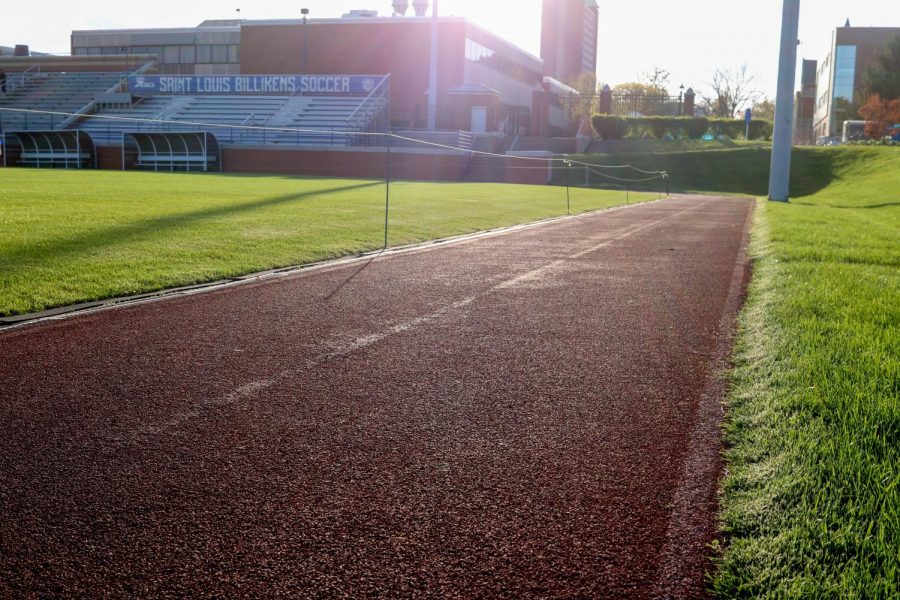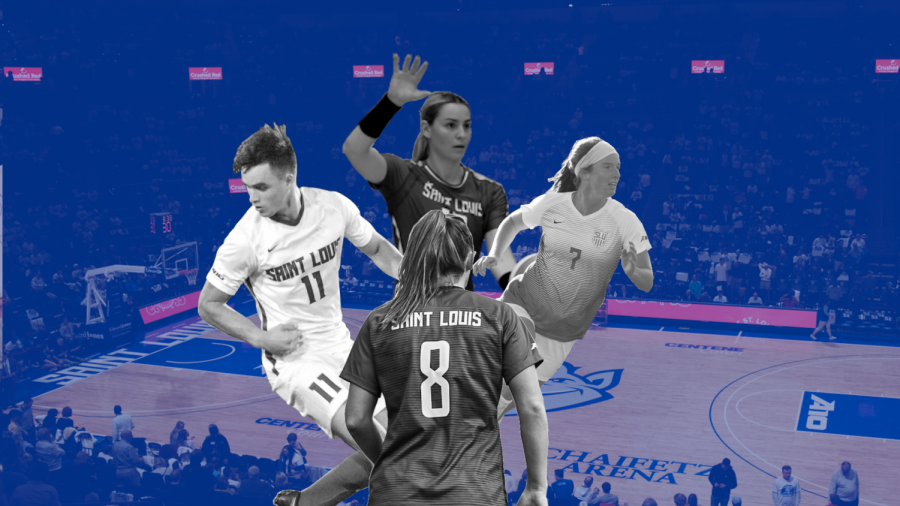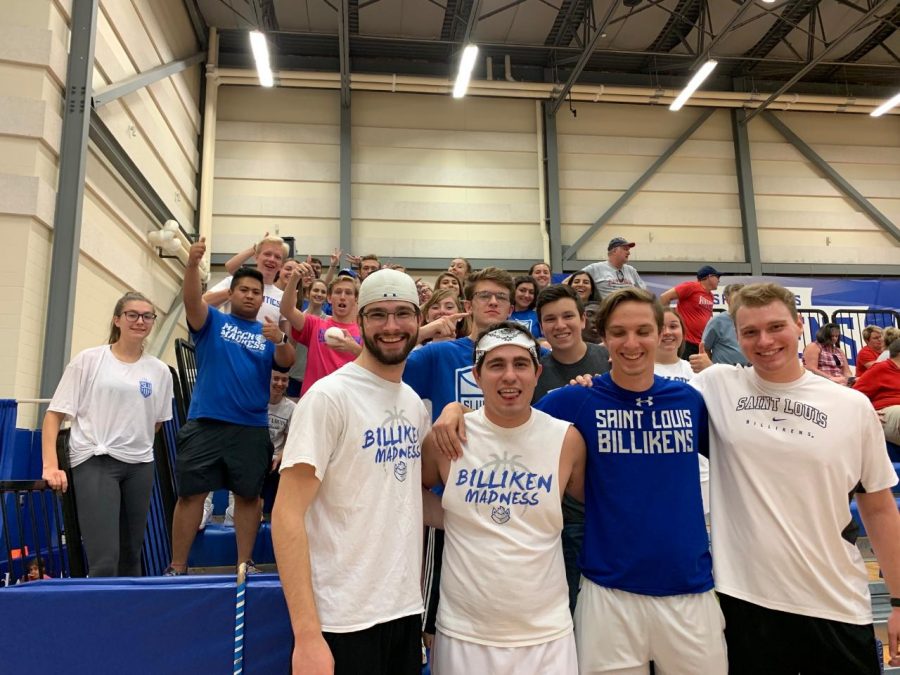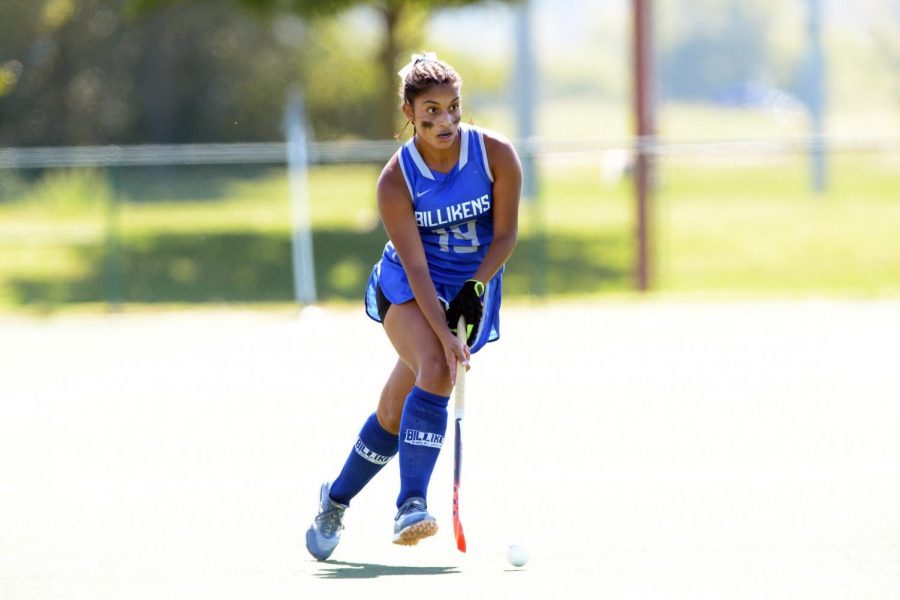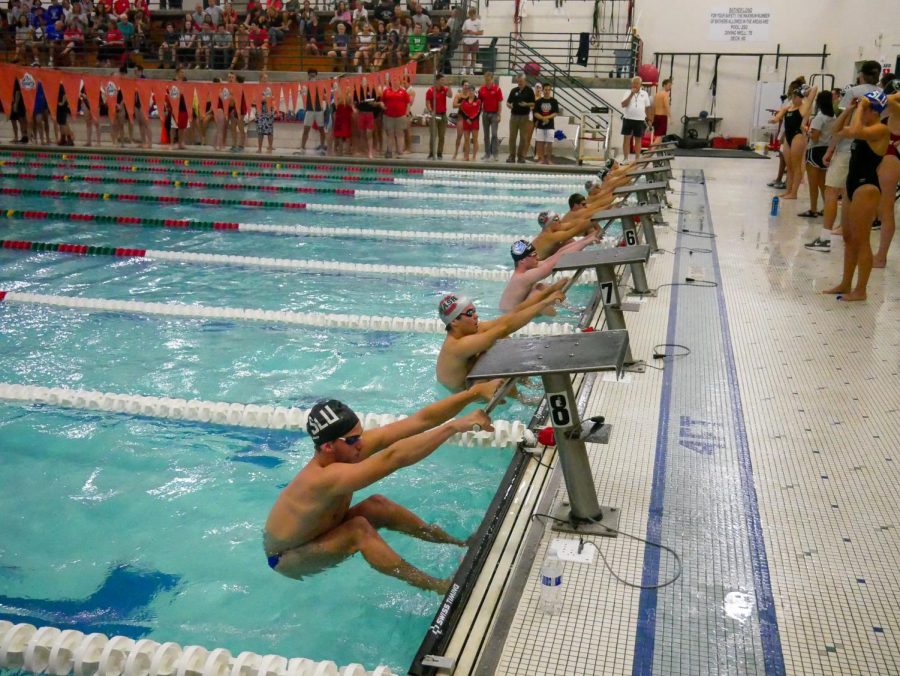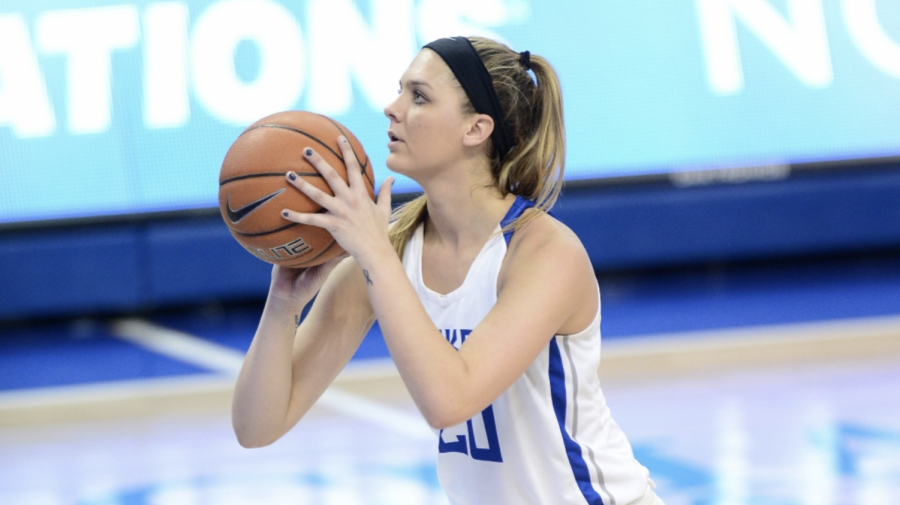Think back to when you were in high school. Think about how hard you worked to get that scholarship, athletic or academic, to the school of your choice. Now, imagine it’s the first week of August, and amid packing your clothes and shopping for your dorm room, you are informed that your scholarship is no longer be honored because the powers that be have decided that the classes you took your senior year are invalid.
This is the exact nightmare scenario that University of Maryland recruit Sam Cassell Jr. and Xavier recruit Myles Davis are living through. The NCAA revoked their basketball scholarships and denied the boys’ appeals last week. Both Cassell and Davis have been labeled “non-qualifiers,” meaning they don’t meet the requirements for eligibility, set by the NCAA, for classes that they took while attending Notre Dame Preparatory School in Massachusetts during the 2011-2012 school year.
The irony of this situation is that Notre Dame Prep wasn’t on the NCAA watch list or even under review, until after both players had finished their classes. Eight other players who took the exact same classes the previous year were allowed to play as freshman this past season because they were already enrolled at their universities. Cassell and Davis weren’t as lucky.
This latest controversy is yet another example of the selective enforcement the NCAA has come to practice. So why does the NCAA time and again punish athletes for circumstances that are not under their control?
It’s not as if Cassell and Davis decided they were going to take these classes because they were the easiest classes at the school. These were the classes that their advisers told them they needed to take to graduate. Yet, because the NCAA cannot punish Notre Dame Prep, they are going after the student-athletes who are supposedly the “lifeblood” of the NCAA.
Sam Cassell Sr., former NBA player and current Washington Wizards assistant coach, echoed this sentiment to CBS Sports calling the NCAA “neighborhood bullies” who “just want kids to fail.”
I wouldn’t go so far as to say that the NCAA wants kids to fail, but more and more it seems as though they are more interested in puffing out their chest and showing everyone who’s in charge, than in actually putting students first and making sure that they are in the best position to succeed not only on the court but in the classroom.
Punishing these students not only hurts them and their new teammates but also affects their parents. Both students were given full athletic scholarships covering room and board, tuition, books and fees. Now that these scholarships have been taken away, parents will have to cover their son’s costs on their own.
For some, this may not be as big of a problem, but for Davis and other students victimized by the NCAA, it is a sentence to years of student debt. Davis’ dad has said he will have to take out a five-figure loan to pay for his son’s first year at Xavier because he still wants his son to get a good education, regardless of whether he plays basketball or not.
This may not seem like a big deal, as many students, including many at SLU, have to take out loans to pay for college. But these athletes were told they had received a scholarship covering most of their expenses, only to have it taken away for something out of their control by the very institution in charge of “student-athlete well-being and protection.”
To their credit, the NCAA should be applauded for going after some of these prep schools that have become basketball “factories,” churning out top college recruits year after year while putting academics on the back burner. The way they went about punishing these two athletes, however, reeks of selective enforcement and punishing the victims.
The NCAA needs to figure out a way to enforce their bylaws so that those who are at fault are the ones who are punished, not the innocent athletes who are a by-product of a system the NCAA has helped perpetuate.




